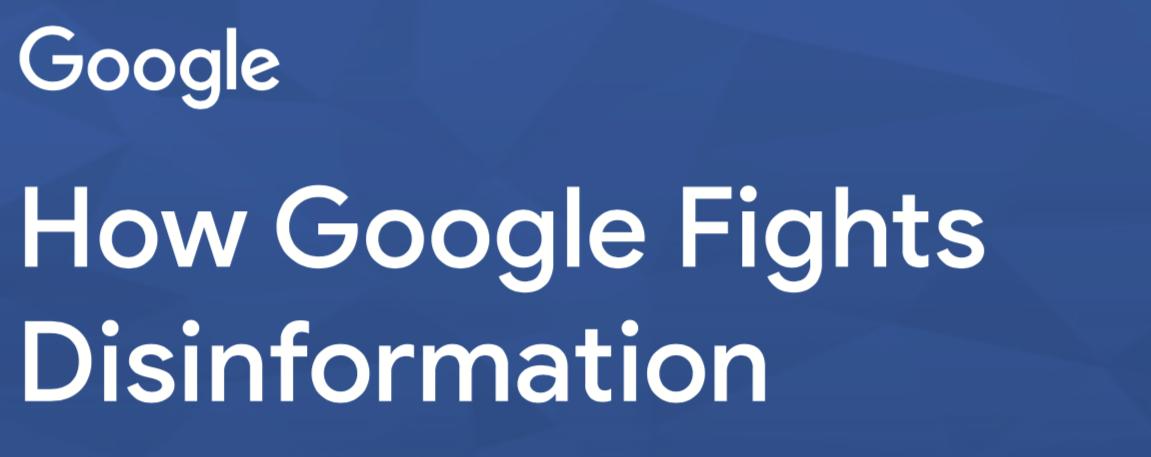
Ensuring democratic capacity can keep pace with AI advances
📧 Email: av@aviv.me
Harvard BKC, GovAI, newDemocracy
➡️ https://t.co/KMmV46ydah
@aviv@mastodon.online
How to get URL link on X (Twitter) App


 My guess is they haven't had the bandwidth to fully consider alternatives, and are still figuring out exactly what they want.
My guess is they haven't had the bandwidth to fully consider alternatives, and are still figuring out exactly what they want.


https://twitter.com/vishwanathsarng/status/1452754244046516224This is better...
https://twitter.com/gpanger/status/1448040071936954370
https://twitter.com/metaviv/status/1370791444860989447

 When a message has been forwarded many times, WhatsApp shows a magnifying glass 🔎 next to the message. When tapped, it searches Google for the contents of the message.
When a message has been forwarded many times, WhatsApp shows a magnifying glass 🔎 next to the message. When tapped, it searches Google for the contents of the message.
https://twitter.com/razhael/status/1283357080146018307To be more precise, face generation is a form of AI generated synthetic media. The term "deepfake" is often used synonymously.
https://twitter.com/mssilverstein/status/1283432852525285376?s=20


https://twitter.com/delbius/status/1224802196283244545The spirit of Twitter's rule seems reasonable at least: (1) Remove manipulated media likely to impact public safety or cause serious harm. (2) Label everything else.

https://twitter.com/luke_fernandez/status/1138106566744272896


 @Google is:
@Google is: